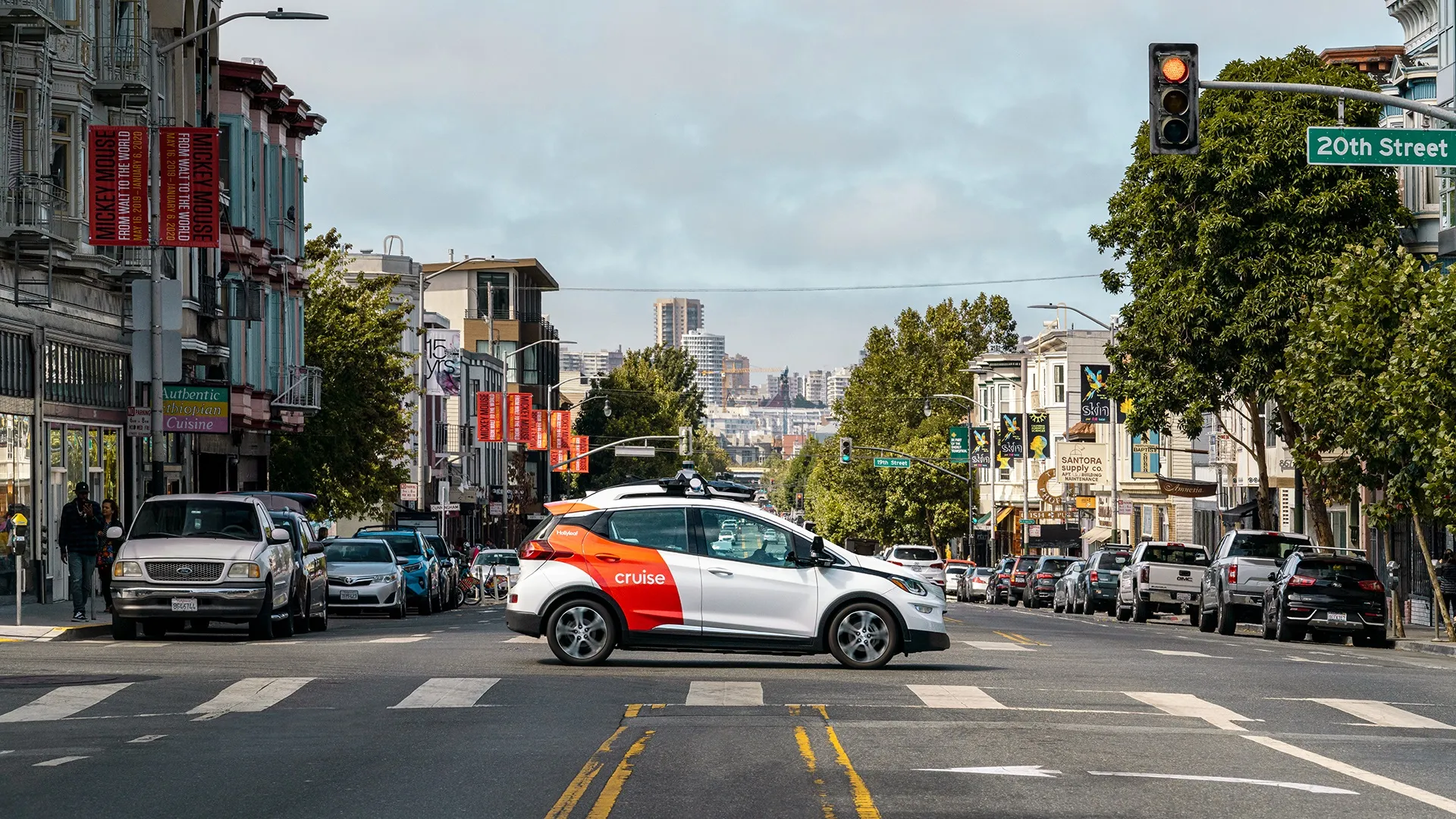
Cruise is to deploy its autonomous vehicles (AVs) onto the streets of San Francisco in the next three months – without a safety driver in them.
While other AV providers have received the same permission to do this from the California Department of Motor Vehicles, Cruise says it is going to be the first “to put it to use on the streets of a major US city”.
Removing human back-up drivers from self-driving cars is a major step in proving the technology, although many fear that it comes with significant risks.
“Before the end of the year, we’ll be sending cars out onto the streets of SF — without gasoline and without anyone at the wheel,” said Cruise CEO Dan Ammann in a blog post.
“Because safely removing the driver is the true benchmark of a self-driving car, and because burning fossil fuels is no way to build the future of transportation.”
Acknowledging that a car safely and quietly driving along does not seem dramatic, Ammann said: “I sometimes wish that safe driving could be as visceral as a rocket launch — our videos would be more exciting…But even without a literal launch into the sky, this is our moonshot.”
Continuing the metaphor he added: “The chaotic, gritty streets of SF are our launchpad…it’s where over two million miles of city testing will truly hit the road for the first time: an electric car, driving by itself, navigating one of the most difficult driving cities in the world.”










